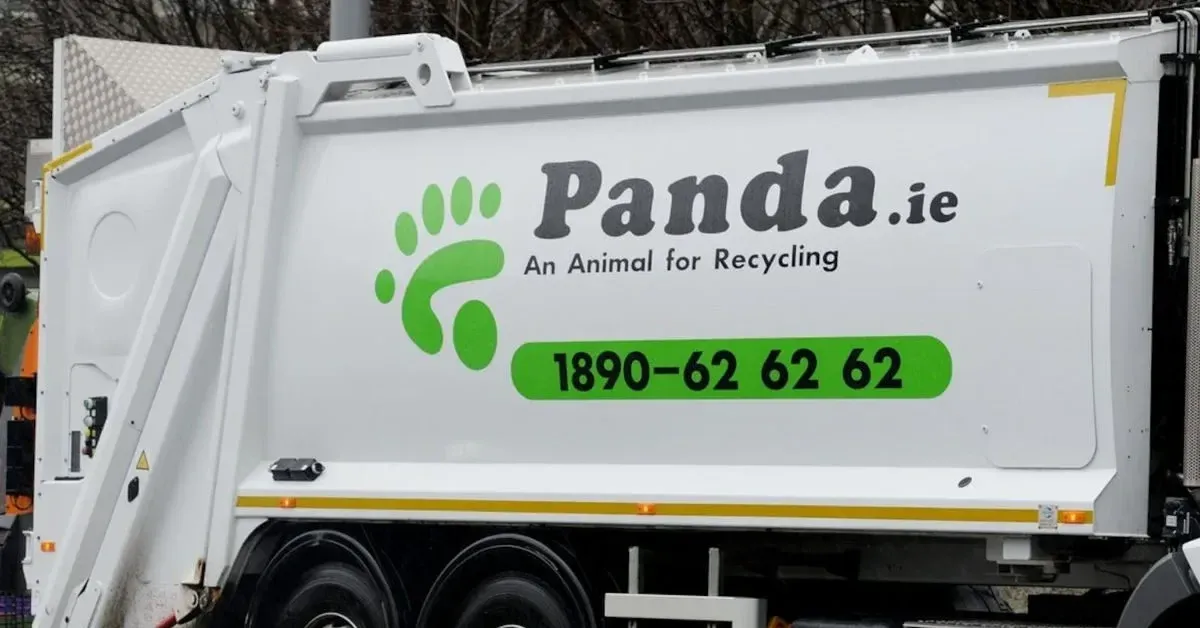Households that fail to properly separate their waste could face higher charges, as waste collection lorries across Ireland prepare to be fitted with contamination detection cameras. The initiative, spearheaded by Panda, one of Ireland’s leading waste management firms, aims to improve recycling levels by reducing contamination in household recycling bins.
Panda has announced plans to install cameras across its fleet, enabling the company to track the contents of recycling bins. Although there are currently no plans to introduce immediate charges for incorrect waste disposal, the company has conducted a large-scale trial using the technology to educate customers on proper recycling practices.
A spokesperson for Panda explained: “We have been running an extensive trial using cameras in waste collection bins to monitor incorrect recycling. The data collected has been instrumental in educating households, significantly reducing the amount of contamination in recycling bins.”
The trial, which took place over 18 months and involved 80,000 Dublin customers, yielded promising results. The percentage of contaminated recycling bins dropped from 50 per cent to just 5 per cent, demonstrating the effectiveness of the initiative.
Other waste collection companies are expected to adopt similar measures later this year, reinforcing efforts to boost recycling efficiency nationwide. While the technology is not intended as an enforcement tool, repeated failure to comply with recycling guidelines could result in higher waste collection charges.
Conor Walsh, Secretary of the Irish Waste Management Association, stated: “Customers who repeatedly ignore the feedback and advice provided can expect to pay more than those who make an effort to separate recyclables correctly.”
Each bin is equipped with an individual chip linked to the customer’s address, allowing waste collectors to monitor its contents. If an issue is identified, the householder will receive an email with a photograph highlighting the mistake and offering guidance on proper sorting practices.
Although waste companies cannot impose fines for incorrect waste segregation, they may refuse to collect contaminated bins or charge customers at a higher rate for continued non-compliance. “If a customer is repeatedly advised that they are not separating their waste properly and fails to take corrective action, the waste company may treat their recycling bin as general waste and apply the higher general waste rate,” explained Walsh.
The initiative is being funded by Repak, a membership organisation supporting businesses in recycling packaging materials. The total cost for all waste operators involved is estimated to be between €15 million and €20 million.
Cameras will also be installed on general waste collection lorries to identify misplaced items such as food waste, textiles, plastics, and cardboard, which should be disposed of through appropriate recycling channels.






